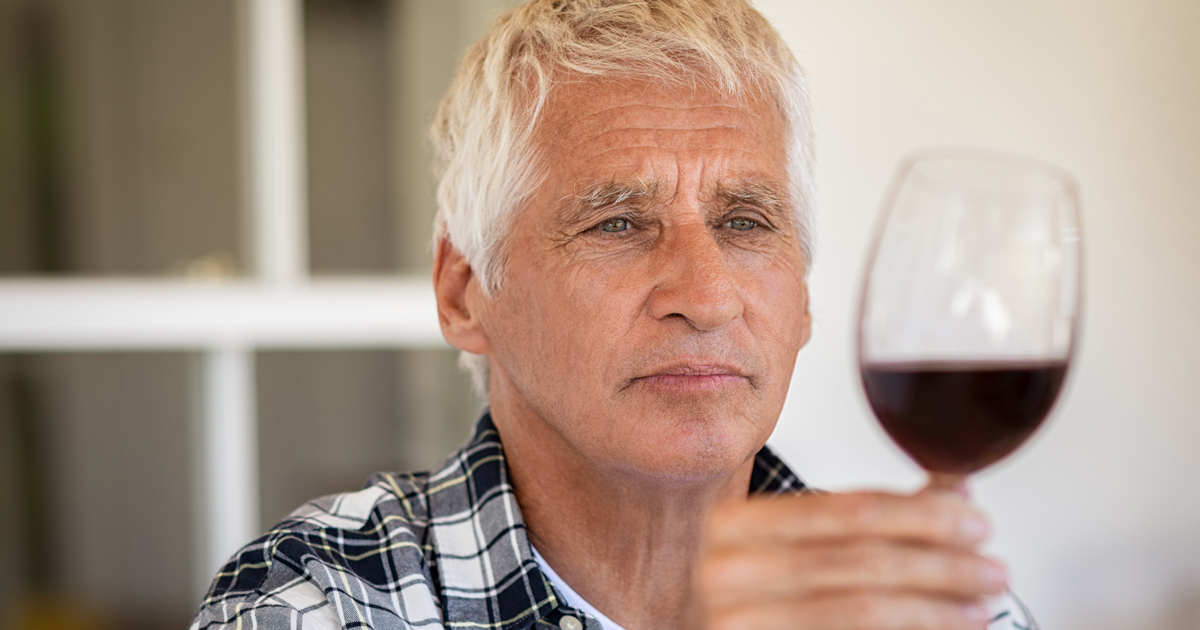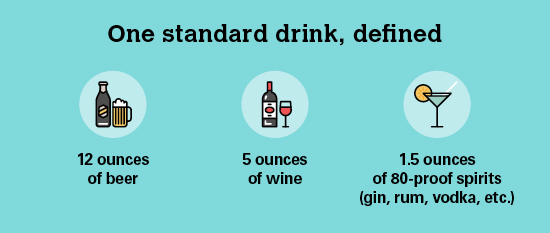Can drinking alcohol cause cancer recurrence? 4 tips for cancer survivors

This article provided by Rachel James, graduate student in medical nutrition.
Can drinking alcohol affect your cancer risk? Unfortunately, yes. Find out how cancer survivors can proactively lower their risk of recurrence by changing their drinking habits.
Research links alcohol use with several cancers, including cancers of the mouth, throat, voice box, esophagus, liver, colon, rectum and breast. Any amount of alcohol raises cancer risk by causing damage to tissues, which can cause inflammation and scarring. Alcohol also makes it harder for the body to absorb certain nutrients.
Alcohol use may increase the risk of cancer recurrence, especially for cancers that have known associations with alcohol drinking. Many studies show a greater risk of recurrence and death in cancer survivors who drink more heavily. Heavy drinking can cause nutritional deficiencies and weaken your immune system, which can in turn complicate cancer treatment options.
If you have a chronic condition like cancer, alcohol may interact with your treatments or medications. Talk to your doctor about how much alcohol is safe for you or whether it's best to abstain.
The less alcohol you drink, the lower your cancer risk. A standard drink is defined by the amount of alcohol it contains, not necessarily how much liquid fits in the glass. No one type of alcohol is “safer” than another.

4 alcohol tips for cancer survivors
- For cancer prevention, it's best not to drink alcohol, says the American Institute of Cancer Research.
- If you do drink alcohol, limit yourself to two drinks per day for men or one drink per day for women.
- The less alcohol you drink, the lower your risk for cancer. To cut back, try sparkling water, iced tea, club soda or kombucha.
- Ask your doctor if alcohol may negatively interact with your prescribed medications and treatments.







